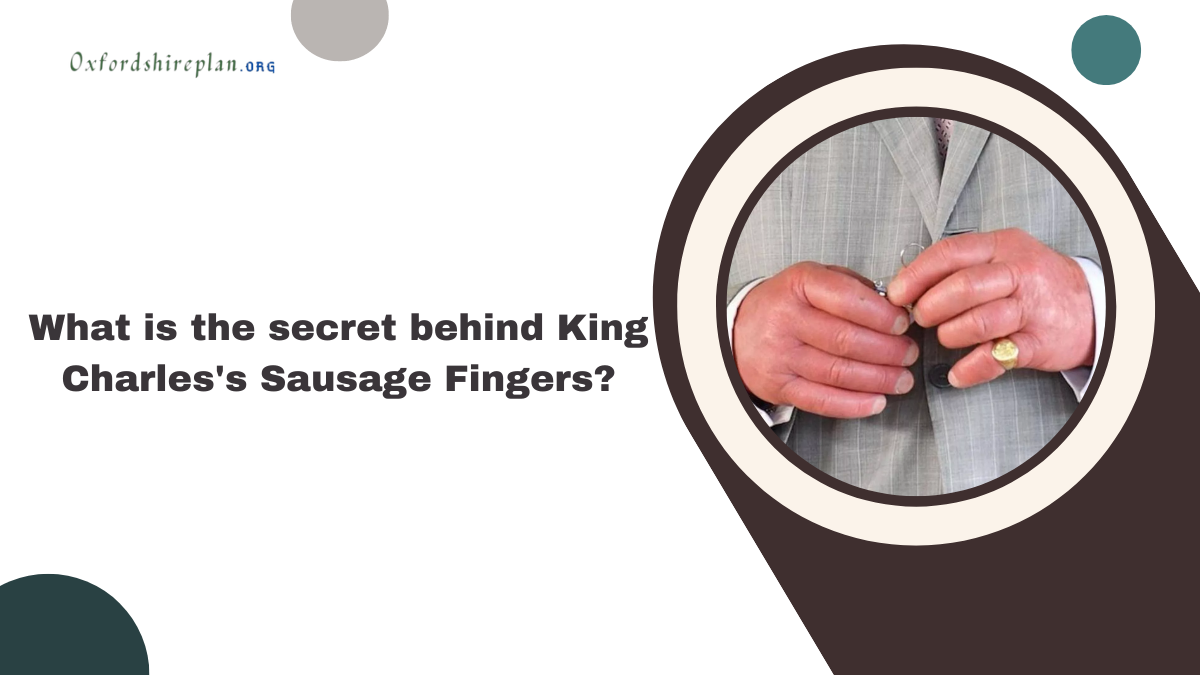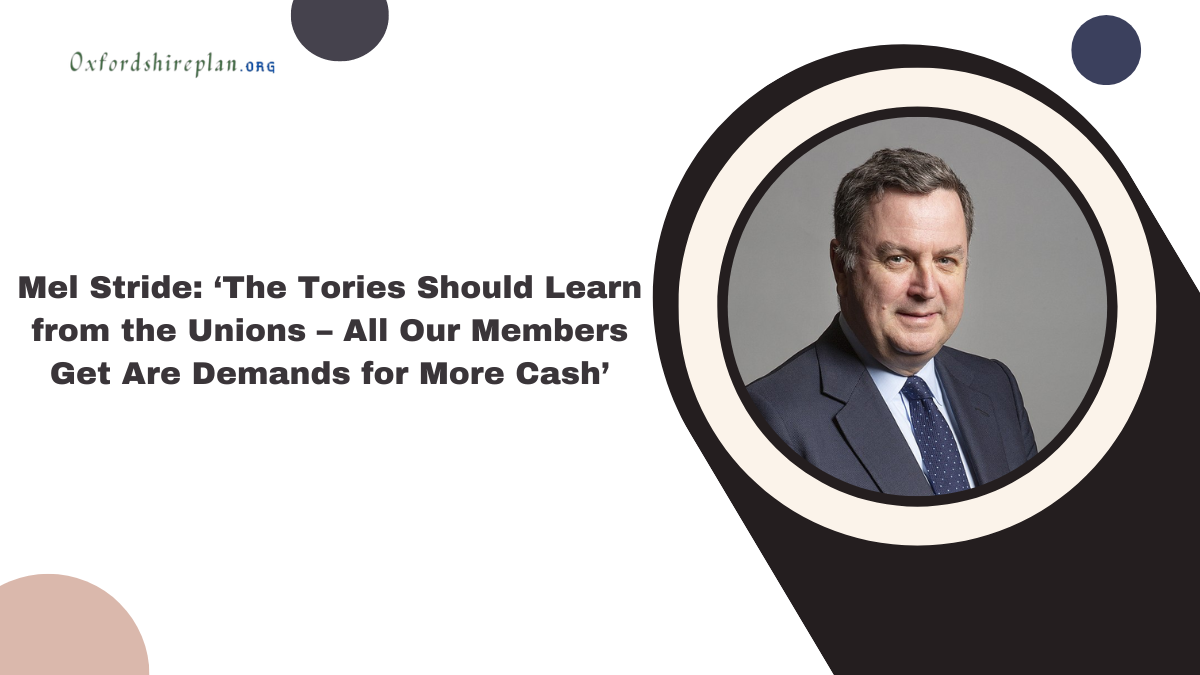In the cutthroat world of politics, the axe can fall unexpectedly, leaving MPs without a job and a substantial salary of £91,000. Following one of the most tumultuous general elections in recent memory, the question arises: how do seasoned politicians navigate the challenging transition after losing their seats? Moreover, what resources are available to support those facing the daunting prospect of unemployment?
A Stunning Upset: Peter Aldous’s Unanticipated Defeat
In a shocking turn, Peter Aldous, a veteran Member of Parliament, joined the ranks of numerous colleagues, predominantly from the Conservative party, who suffered electoral defeats. Aldous had dedicated 14 years of service to the Waveney constituency in Suffolk, only to face defeat in his bid to represent the newly created Lowestoft seat. Despite his efforts, the constituency fell to Labour, which secured a decisive victory with a margin of 2,000 votes.
A sombre Peter Aldous reflects on the abrupt conclusion of his political journey, lamenting, “Every political career ultimately ends in defeat.” The stark reality of his own words resonates deeply as he grapples with the uncertainty of his future.
“I’m at a loss for what comes next,” he admits, his voice tinged with despair. As a 62-year-old former backbench MP, he can’t help but wonder, “What are the prospects for someone like me, re-entering the workforce?” The daunting question hangs in the air, a harsh reminder of the challenges ahead.
Re-election was certainly my goal,” Peter Aldous acknowledges, his voice laced with a mix of disappointment and resignation. “However, midway through the campaign, the writing was on the wall, and I knew I was heading for a defeat. While I’m trying to come to terms with my loss, I’m also dedicating time to support my devoted staff and loyal supporters, who are understandably distraught by the outcome.
The Bittersweet Task of Closure
As Peter Aldous confronts the end of his political chapter, he must face the difficult consequences of his defeat. Once a bustling hub of activity, his office will soon be silenced, and four dedicated staff members will be let go, a reality that fills him with remorse. “I feel a deep sense of guilt knowing that their jobs are ending due to my electoral loss,” he admits.
On Sunday, he made the poignant journey to Westminster to pack up his parliamentary office, a tangible reminder of the life he’s leaving behind. Reflecting on his past, he notes, “Although I was a chartered surveyor before entering politics, I didn’t maintain a connection to that profession during my time as an MP, leaving me to ponder my next steps.”
As Peter Aldous turns the page on his political career, he acknowledges that revisiting his past profession in surveying is unlikely, as the field has evolved significantly since his departure. Instead, he’s embracing a fresh start, with a blank slate awaiting his next move. While his political future remains uncertain, he fondly recalls his tenure representing Waveney, calling it a “profound honour.” As for his lasting impact, he humbly acknowledges that only time will reveal the enduring value of his contributions.
As a defeated MP, Peter Aldous will have access to a comprehensive support system to facilitate his transition beyond Parliament. Funded by taxpayer money, the House of Commons offers a robust “transition” program tailored to support outgoing members. This inclusive package includes expert guidance on career development, resume writing, and interview preparation. Additionally, it provides valuable advice on personal security, the return of parliamentary equipment, data backup compliance with GDPR, and mental wellness services.
In response to concerns about former MPs’ precarious financial and professional situations, the House of Commons has implemented these enhanced support measures. By doing so, officials aim to make a career in politics more appealing and sustainable, attracting talented individuals to public service.
Former Conservative MP Duncan Baker reflects on his demanding tenure, stating, “The role is utterly exhausting, as I’ve experienced it.” Since his election, Baker, 44, has shouldered a relentless workload, sacrificing personal time and relationships. “Friendships faded away due to the constant demands on my time,” he reveals.
Baker represented North Norfolk from 2019 until last week when the Liberal Democrats secured a 3,000-vote majority and claimed the seat. Despite the loss, he expressed relief, saying, “A weight has lifted off my shoulders.” Baker now looks forward to reconnecting with his family, whom he deeply misses. “I’m eager to rediscover my personal life and prioritize my loved ones,” he adds, embracing this new chapter.
Navigating Financial Adjustments
Upon leaving office, former MPs like Duncan Baker receive a Loss of Office Payment (LOOP) and a winding-up payment, equivalent to four months’ salary. When asked about the impact of losing his £91,000 annual salary, Baker, a father of two young daughters, acknowledges the challenge.
“It’s a tricky situation, but prudence is essential,” he says. “You must prepare for such events and maintain a financial safety net to tide you over during the transition.” Baker expresses gratitude for his wife’s hard work, which provides a second income for their household, ensuring a more stable financial future.
“Her dedication has been invaluable, and I’m fortunate to have her support,” he adds, emphasizing the importance of financial planning and a supportive partnership.
As departing MPs, individuals like Duncan Baker have a four-month window to wind down their offices, courtesy of the House of Commons. For Baker, a qualified chartered accountant, this transition involves several tasks. He must close his local constituency office, support his six staff members through the redundancy process, and terminate a contract with a London family who rented him a room to facilitate his Westminster duties.
Baker is now exploring “commercial business opportunities,” possibly in the charity sector, and is not considering an immediate return to politics. Reflecting on his experience, he says, “I thoroughly enjoyed my time in office, but I feel I’ve made my contribution.” While he doesn’t entirely rule out a future return to public life, his current focus is moving forward and exploring new opportunities beyond politics.
Click Here to Read More

Jonathan is an avid automobile enthusiast who is passionate about all things on wheels. From the latest car models to classic vintage rides, I love exploring the automotive world’s intricate details and engineering marvels. With years of experience in test-driving, reviewing, and analyzing cars, I provide readers with comprehensive insights and honest opinions.
















